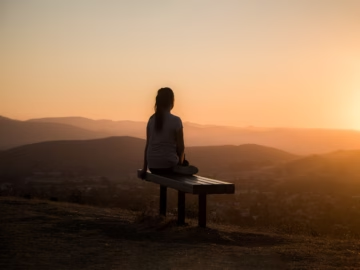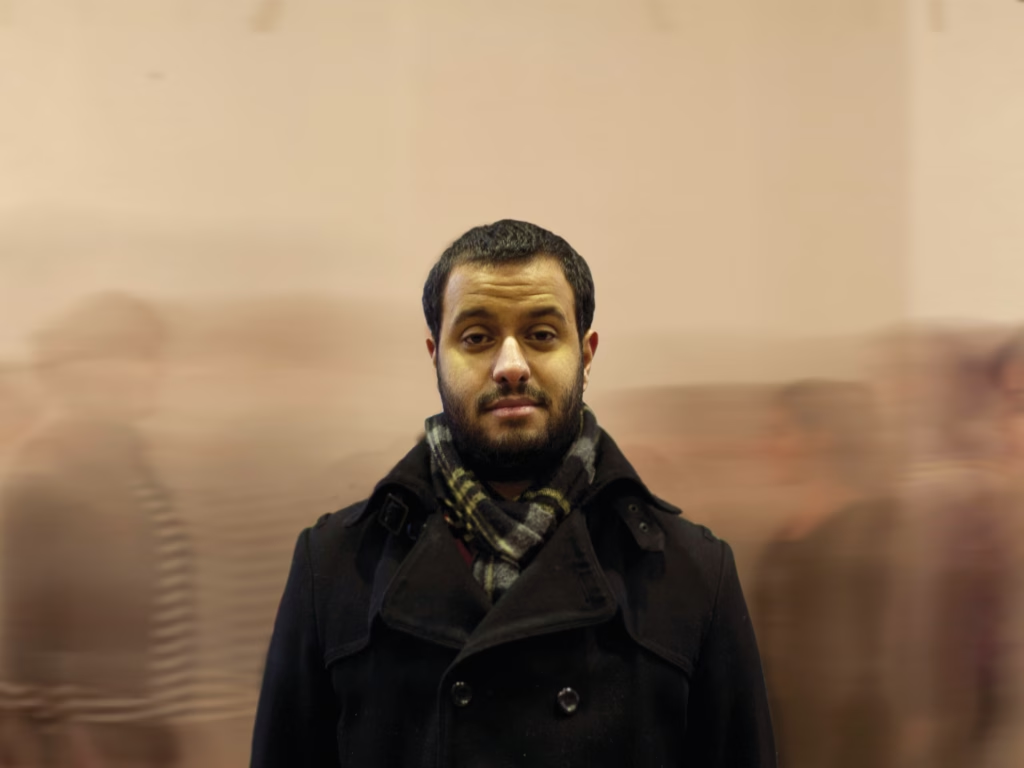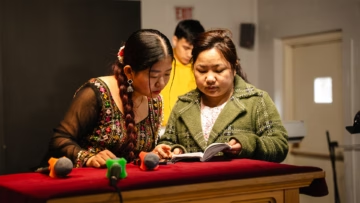
Finding out what we’re enslaved to can be hard. Recently, I’ve been reflecting on how entertainment has held me in bondage.
I doubt that I’m alone in this. I think many of us find ourselves just wanting to zone out, heat up some leftovers, and watch Orange is the New Black. And we justify it, too, by saying things like “I never get to do this,” or “I’m so busy and stressed all the time that I deserve this.”
What’s it like, though, when we turn off our TVs? Close our Facebook accounts? Put our phones on airplane mode? We rely on these mechanisms to keep us entertained and distracted. Yet Jesus compels us to strip ourselves of anything that tears our focus away from life with him. When we choose to commune with Jesus, what’s left in us?
In those moments, we may just feel bored. Yet our torpor is not simply the result of our Tweet-length attention spans; it’s more ancient than that. And it’s deeper, too. Monks and Desert Fathers called it “acedia.”
When I pray, I tell God about my boredom, and he listens. His answer isn’t entertainment; it is stillness.
St. John Climacus describes acedia as “a paralysis of the soul.” In her book Acedia & Me, poet and essayist Kathleen Norris says acedia takes form as “restless boredom, frantic escapism, commitment phobia, and enervating despair.” The monks referred to it as the “noonday demon,” striking them at the hottest time of day, when they might feel so disillusioned that they question their lifelong commitment to prayer.
Whatever shape it takes, acedia can leave us feeling empty and listless, unable to relate to God. Now, I want to be careful here to point out that acedia is distinct from depression and is spiritual in nature. Norris writes that, whereas those who suffer from depression long for communion with God but can’t seem to access it, those with acedia know how to access communion with God but do not long for it.
I most frequently suffer from acedia when I’m away on a prayer retreat. I don’t have Netflix access, my phone is off and on the other side of the room, and all that’s left is me, God, books to guide my journey, and a journal. With no clock around me, the noonday demon strikes, when it may not even be noon yet! When I find myself in this position, I try to be gracious. No one said simplicity would be easy. I also let go of my expectations, inviting God to reveal himself in new ways to me. When I pray, I tell God about my boredom, and he listens. His answer isn’t entertainment; it is stillness.
I think acedia explains why many of us binge on entertainment and distractions — and why we’re bored when we try to pray. My journey has helped me realize that instead of clouding our acedia with distractions, we can use it as an opportunity to be honest with God and allow him to change us.
In that process, we may find that life in Christ is simply ordinary. And that’s all right, because in our moments of languor, we become still enough to perceive the Spirit’s eternal presence — so gentle, so lasting, and so quiet. Through our new sight, Jesus can move our paralyzed souls.
Originally published for the Spring 2014 issue of BIC U.S.’ In Part magazine.



